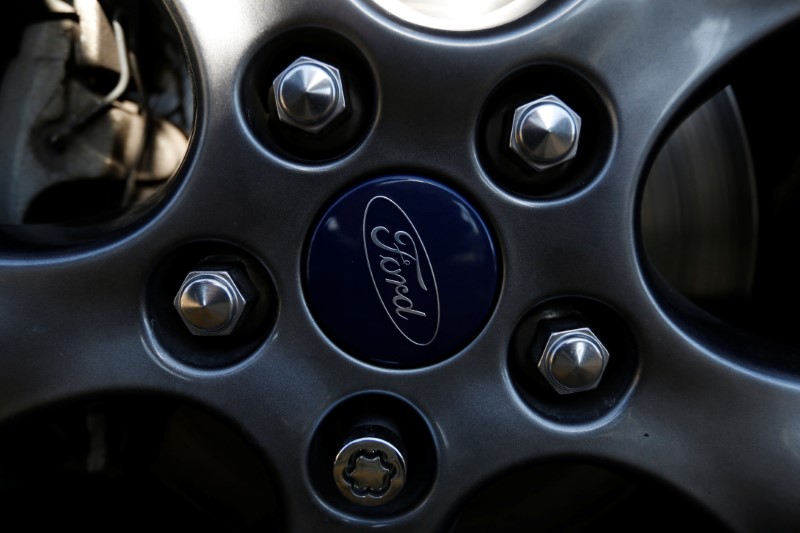This post was originally published on this site

WASHINGTON (Reuters) -The U.S. Postal Service (USPS) said on Tuesday it plans to buy 9,250 Ford E-Transit battery electric vehicles starting later this year and will also buy an equal number of gasoline-powered models from Chrysler-parent Stellantis.
USPS also said it was ordering more than 14,000 charging stations to be deployed at its facilities after it announced in December said it would more than double its planned electric delivery vehicles purchases, and will buy at least 66,000 electric vehicles through 2028.
Congress in August gave USPS $3 billion as part of a $430 billion climate bill to buy electric vehicles and charginginfrastructure.
USPS said it will also buy 9,250 2023 and 2024 model year Ram ProMaster vans from Chrysler-parent Stellantis “to fill the urgent need for vehicles.”
USPS said the total for Ford and Stellantis contracts was $1.027 billion.
Environmental group Earthjustice praised the Ford purchase but said “the Postal Service should have finished its environmental review before also sinking millions in funding in the same number of combustion mail trucks that will pollute our neighborhoods for decades.”
The automakers did not immediately comment.
In December 2021, President Joe Biden signed an executive order directing light-duty vehicles acquired by the government be emission-free by 2027. That order did not apply to the Postal Service, an independent federal agency.
Delivery of Ford EVs built in Missouri is set to begin in December. They are part of the 21,000 vehicles included in USPS vehicle acquisition plan announced in December.
USPS awarded contracts to three suppliers totaling $260 million for the purchase of more than 14,000 charging stations – Blink Charging, Siemens and Rexall USA.
In December, USPS said it expects to spend $9.6 billion on vehicle acquisitions through 2028.
USPS said next-generation vehicle acquisitions delivered in 2026 and beyond are expected to be all electric. The modern vehicles will replace many 30-year-old USPS trucks that lack air bags and other safety equipment as well as air conditioning.

